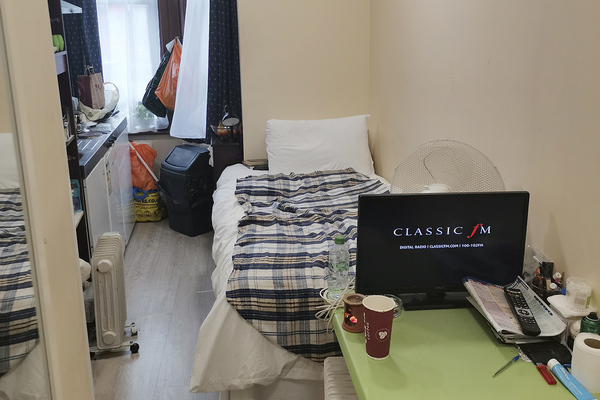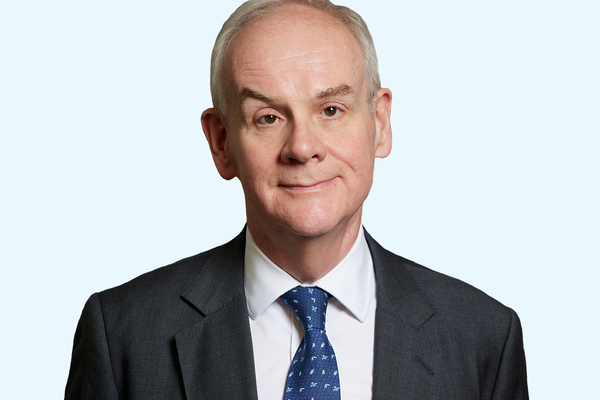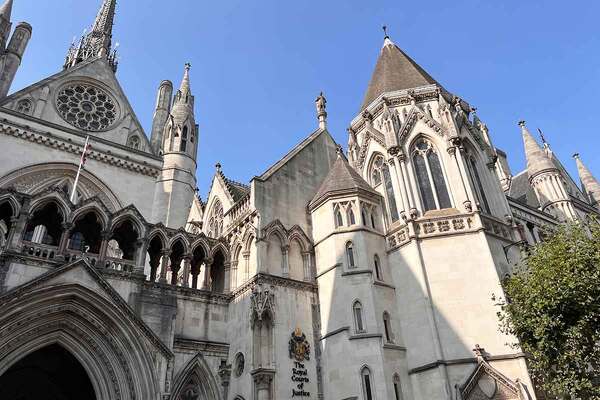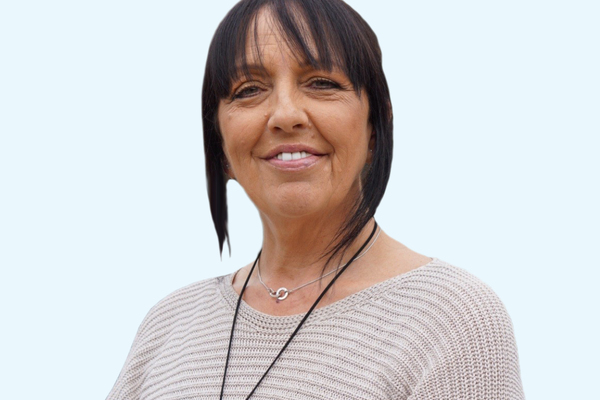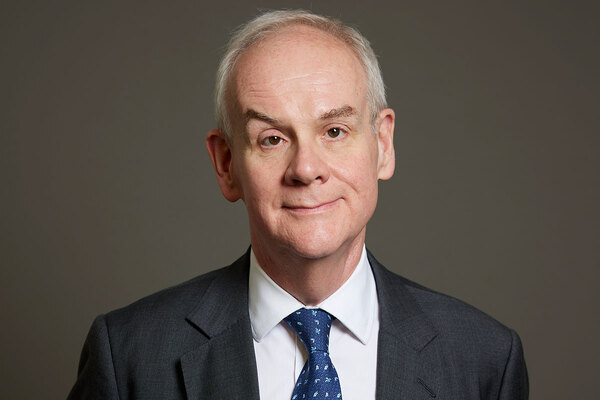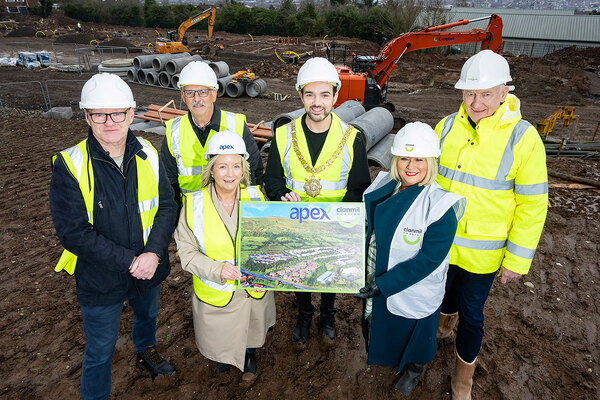You are viewing 1 of your 1 free articles
Regulator of Social Housing reports 66% rise in whistleblowing allegations
The English regulator has reported a 66% rise in whistleblowing allegations, according to a new report.
From 1 April 2023 to 31 March 2024, the Regulator of Social Housing (RSH) received 40 disclosures from whistleblowers about matters relating to English social housing providers.
Of these, eight cases were carried forward from the previous year.
The figure marks a steady rise from 2022-23 when 24 allegations from whistleblowers were received and 2021-22 when 30 allegations were received.
Of the 40 disclosures received last year, the RSH referred 19 for more detailed consideration and investigated 17. However, none resulted in or contributed to regulatory action.
In each of the 17 cases that were investigated, the regulator contacted the registered provider and sought their response to the issues raised. In some cases, the RSH also asked the whistleblower for further information or evidence.
For 12 of the cases closed in 2023-24 following an investigation, the registered provider assured the RSH that it was aware of the issues and was responding appropriately. In the remaining five cases, information from the whistleblowers had been considered and formed part of ongoing engagement.
Generally, whistleblowers raise concerns when they believe a crime has been or is likely to be committed, if someone has failed to comply with a legal obligation, or if the health and safety of someone is at risk.
Whistleblowers also come forward if a failing has been or is likely to be deliberately concealed.
Since November 2019, the regulator has been a ‘prescribed person’ under the Public Interest Disclosure Act 1998 in relation to issues to do with social landlords. The role enables workers to disclose concerns to an independent body when they feel unable to do so to their employer, or where they have already done so but their employer has failed to act.
Prior to 2019, the prescribed person was Homes England and its predecessor the Homes and Communities Agency.
All disclosures to the regulator are subject to an initial review by its referrals and regulatory team, which considers whether they are within the RSH’s remit and whether they represent a potential breach of regulatory standards.
The regulator has published two other reports this week. One included annual data which showed that just 700 net new social homes were delivered in England due to the impact of Right to Buy.
The second was its latest batch of consumer judgements, which included two failures and the first C1 grade given to a local authority.
Sign up for our regulation and legal newsletter
Already have an account? Click here to manage your newsletters




